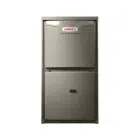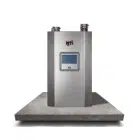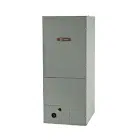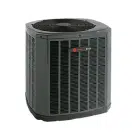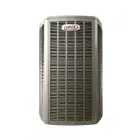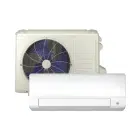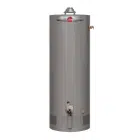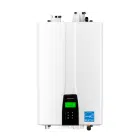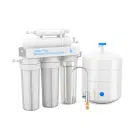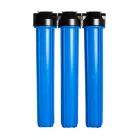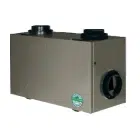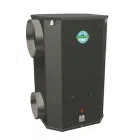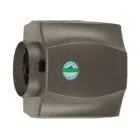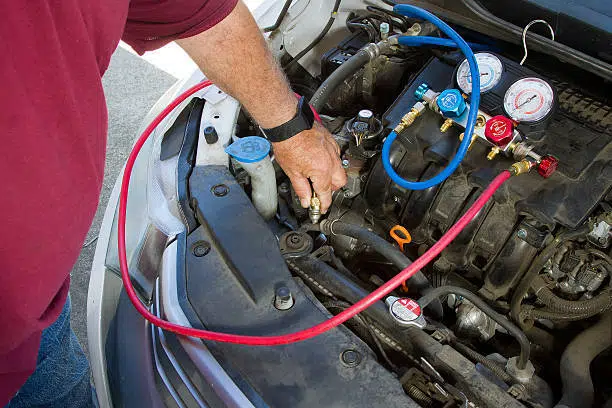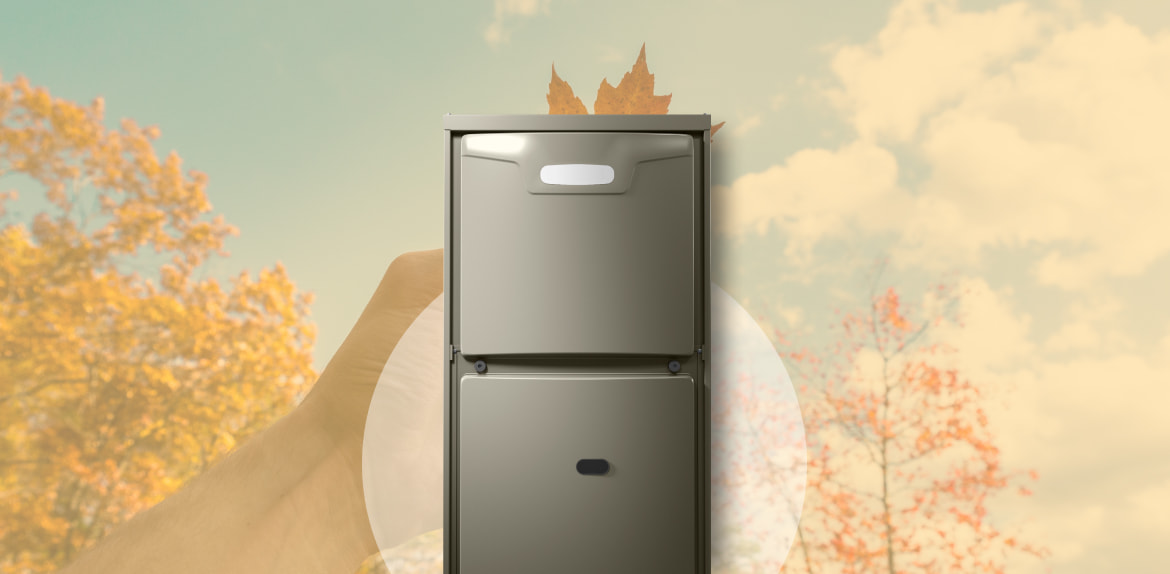
Table of Contents
As temperatures start to drop, it’s time to address a question that’s on many Canadian homeowners’ minds: When should I switch my furnace on? In this comprehensive guide, we’ll delve into the intricacies of Canadian climates, explore the telltale signs that it’s time to embrace the warmth of your furnace and provide you with a step-by-step process for a seamless furnace switch-on.
When Should You Turn the Furnace On in Different Parts of Canada
Canada’s vast geographical expanse brings with it a wide range of climates, from the chilly Western and Prairie provinces to the freezing cold of Central and Eastern Canada. These climate variations have a profound impact on when you should consider switching on your furnace.
In Western Canada, where winters can be relatively mild compared to the rest of the country, the need to turn on your furnace typically arises a bit later. Conversely, in the Prairie provinces and Central and Eastern Canada, where winters can be harsh and frigid, you may find yourself reaching for the thermostat earlier in the season.
Region | Timeframe for Furnace Activation |
|---|---|
Western Canada | Late September to Early October |
Prairie Provinces | Late September to Early October |
Central Canada | Early to Mid-October |
Eastern Canada | Early to Mid-October |
Northern Canada | Late August to Early September |
To gain a more precise understanding of when the right moment arrives, it’s helpful to monitor local weather reports in your specific area. As the days grow shorter and outdoor temperatures plummet, it’s a sign to consider heating your home. But let’s take a closer look at the signs that you have to turn your furnace on.
Signs It's Time to Turn On Your Furnace
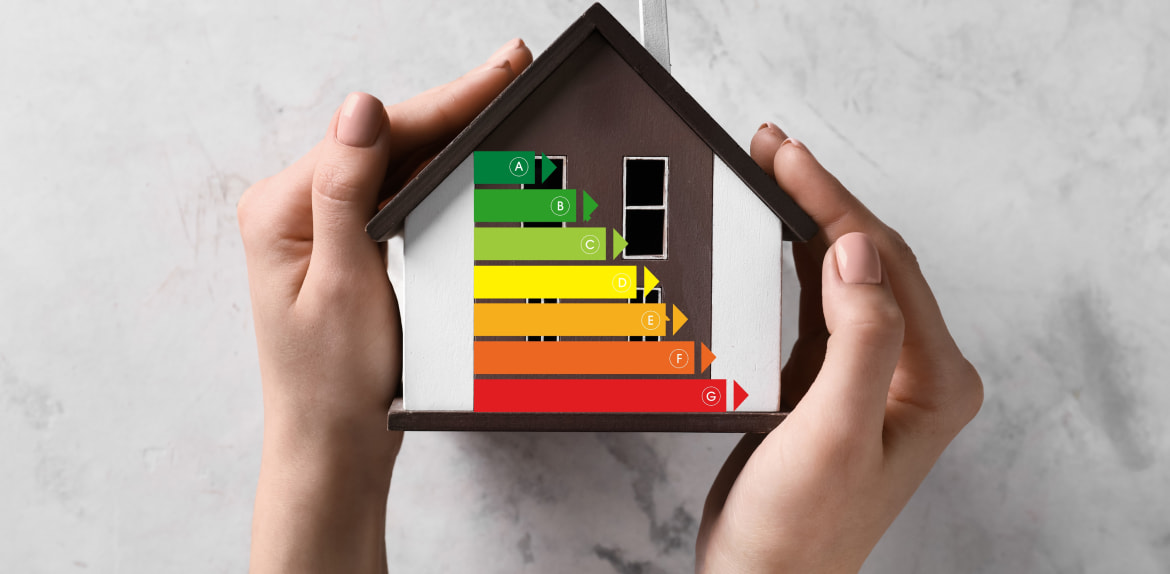
As we transition into the colder months, it’s essential to recognize the signs that your home needs the comforting warmth of your furnace. Paying attention to these indicators can help you make the right decision for a cozy and comfortable living space. Here are five telltale signs it’s time to switch on your furnace:
- Indoor Temperature Drops: If you find yourself reaching for an extra sweater and your breath becomes visible indoors, it’s a clear signal that your home needs heating. A noticeable drop in indoor temperature is a sure sign it’s time to fire up the furnace.
- Chilly Drafts and Cold Spots: Walk around your home and feel for drafts. Check for cold spots near windows, doors, or areas that aren’t well-insulated. If you sense cold air infiltrating your living space, it’s time to warm things up.
- Increased Energy Bills: Keep an eye on your energy bills. If you notice a sudden spike in heating costs, it may be because your furnace is working harder to maintain a comfortable temperature. This can be a sign that it’s time to turn on the furnace and distribute the warmth more evenly.
Check out the list of the most energy-efficient furnaces in Canada of 2023 in our previous article.
Family Comfort Levels: Sometimes, the most telling sign is the comfort of your family members. If they start bundling up in extra layers, complaining about the cold, or huddling under blankets, it’s a clear indication that the indoor temperature isn’t where it should be.
Dew on Windows: Check your windows for condensation or frost. When indoor humidity levels are higher than they should be due to insufficient heating, you’ll often see moisture accumulate on the glass. This can be a sign that it’s time to adjust your thermostat.
By paying attention to these signs, you can ensure that your home remains warm, comfortable, and energy-efficient as the colder months settle in.
Curious about how long can you expect your furnace to last? Here are the main factors that affect furnace lifespan.
How to Turn On the Furnace
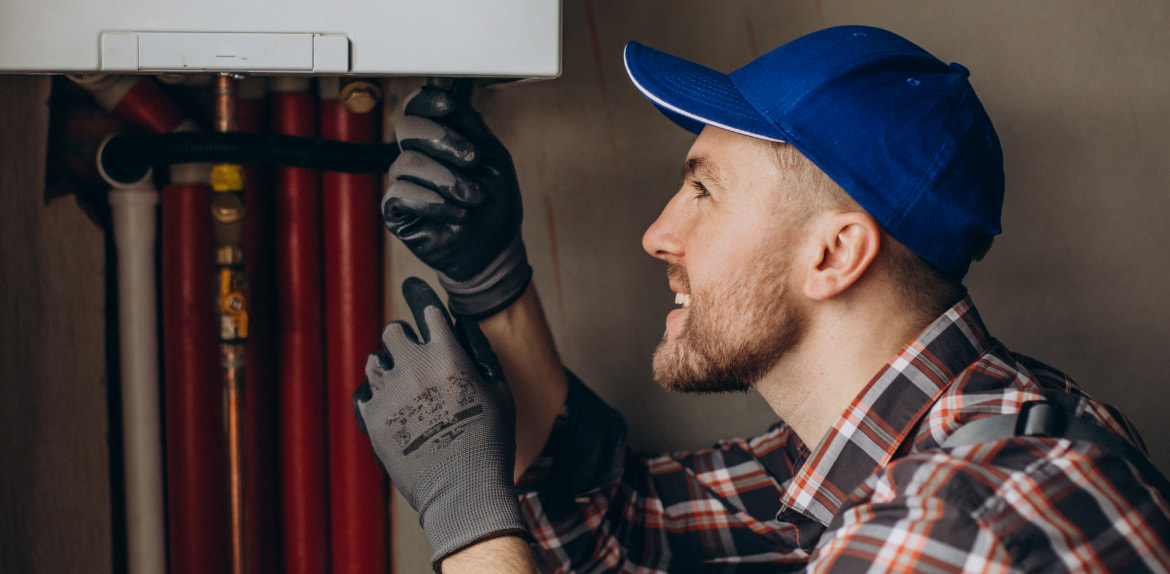
Once you’ve recognized the signs that it’s time to warm up your home, the next step is to ensure a seamless transition into the heating season. Here’s a step-by-step guide to help you turn on your furnace effectively and efficiently:
Step 1: Set Your Thermostat
Begin by setting your thermostat to the heating mode. Ensure that the temperature is adjusted to your preferred level of comfort. If you have a programmable thermostat, take advantage of its features to create a heating schedule that suits your daily routines.
Step 2: Check Air Filters
Inspect your furnace’s air filters. If they appear dirty or clogged, it’s advisable to clean or replace them. Clean air filters facilitate efficient airflow, reducing the strain on your system and improving indoor air quality.
Step 3: Test the System
Before you fully commit to heating your home, give your furnace a quick test run. Turn on the furnace and wait a few minutes to ensure that warm air is flowing from the vents. Listen for any unusual sounds, such as rattling or banging, which could indicate a problem.
Step 4: Monitor Performance
After you’ve turned on the furnace, keep an eye on its performance in the following days. Ensure that it maintains the desired indoor temperature consistently and that there are no unexpected fluctuations or issues. If you notice any irregularities, consider contacting a professional HVAC technician for further inspection and maintenance.
Step 5: Regular Furnace Tune-Up
To keep your furnace operating efficiently throughout the heating season, make regular maintenance a priority. This includes cleaning or replacing air filters on a schedule, checking vents and ducts for obstructions, and scheduling professional HVAC inspections at least once a year. Proper furnace maintenance not only extends the life of your unit but also ensures its safety and energy efficiency.
Need some help turning on your furnace? Leave this to the professionals! Contact HVAC Service Solutions via the link below and rest assured that everything is done at its best.
Pre-Furnace Switch-On Maintenance
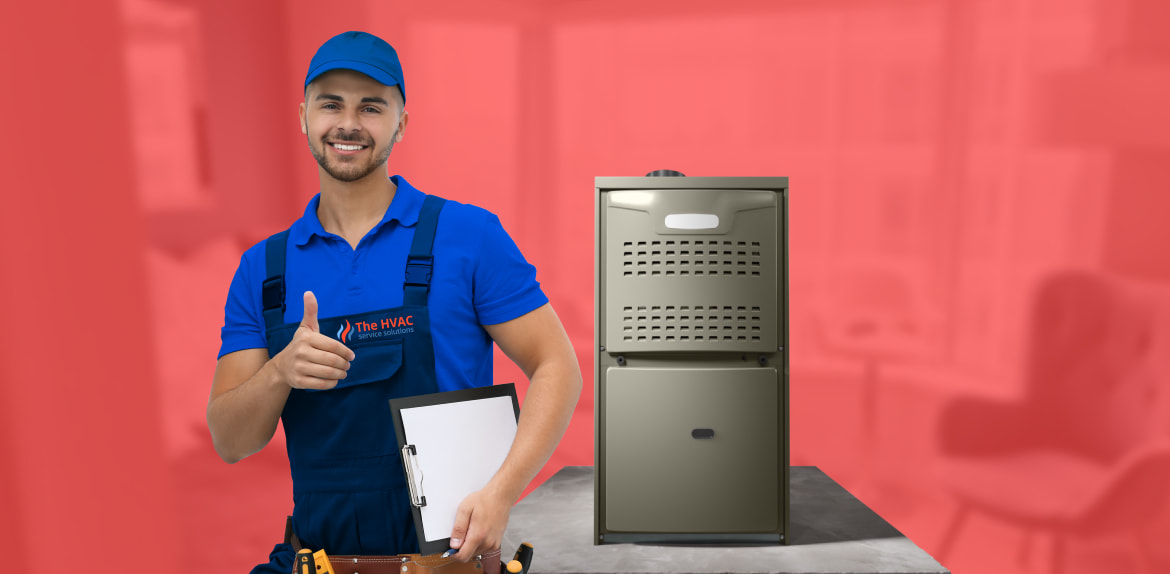
A lot of people wonder if they should conduct some furnace tune-up steps before switching the furnace on. Absolutely, yes! Proper pre-furnace switch-on maintenance not only ensures the longevity of your heating system but also contributes to its safety and energy efficiency. Let’s explore five essential maintenance steps you should consider before firing up your furnace:
- Replace or Clean Air Filters: Inspect and clean or replace clogged air filters. Clean filters promote airflow and improve indoor air quality.
- Check Vents and Ducts: Check vents and ducts for blockages, removing debris to ensure efficient airflow.
- Inspect the Thermostat: Verify the thermostat's accuracy and programming, adjusting it to your preferences.
- Clean Around the Furnace: Clear the furnace area of clutter and flammable materials to reduce safety hazards.
- Schedule a Professional Inspection: Schedule an HVAC inspection for a thorough assessment, maintenance, and safety checks.
By completing these pre-furnace switch-on maintenance steps, you’ll not only ensure that your heating system operates efficiently but also reduce the risk of unexpected breakdowns and improve safety. Order professional furnace tune-up service in Canada and give your furnace some care it deserves.
Conclusion
As the colder months approach, switching on your furnace becomes a necessity. But it’s not just about staying warm; it’s about staying safe and efficient. By understanding your climate, recognizing the signs, and following our step-by-step guide, you’ll ensure a smooth transition into the heating season.
At HVAC Service Solutions, we’re here to assist you with any furnace-related needs or questions you may have. Contact us via the link below and leave your HVAC worries to us. Stay warm, stay safe, and enjoy the comfort of your home all season long!
Share

